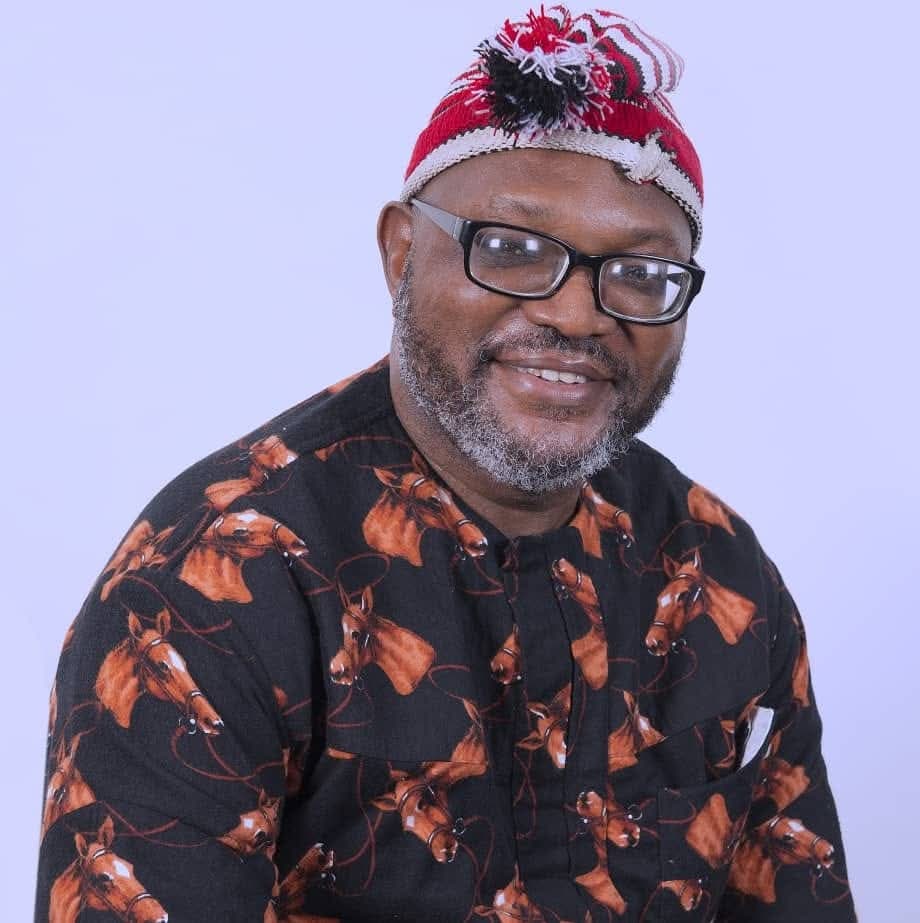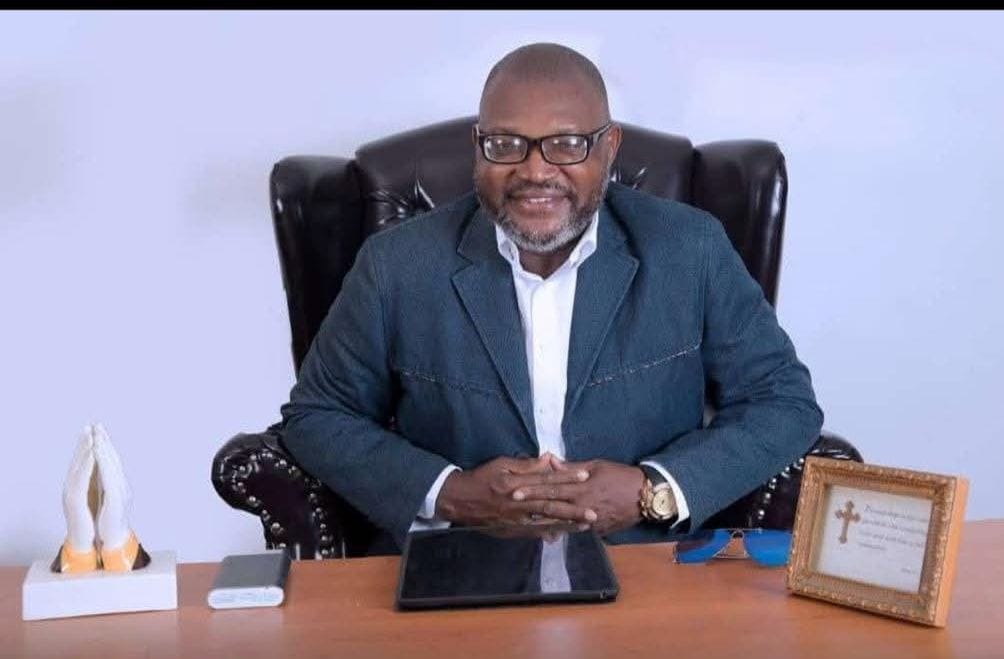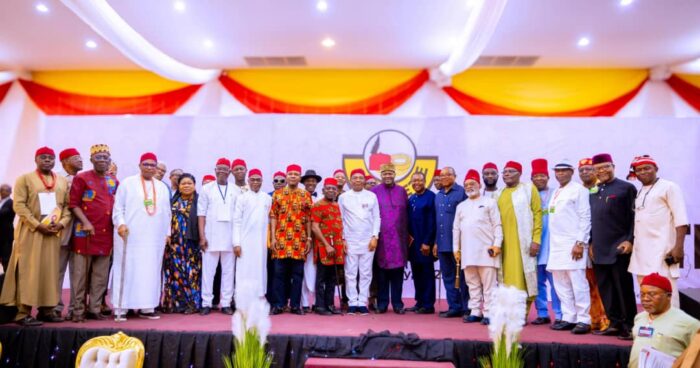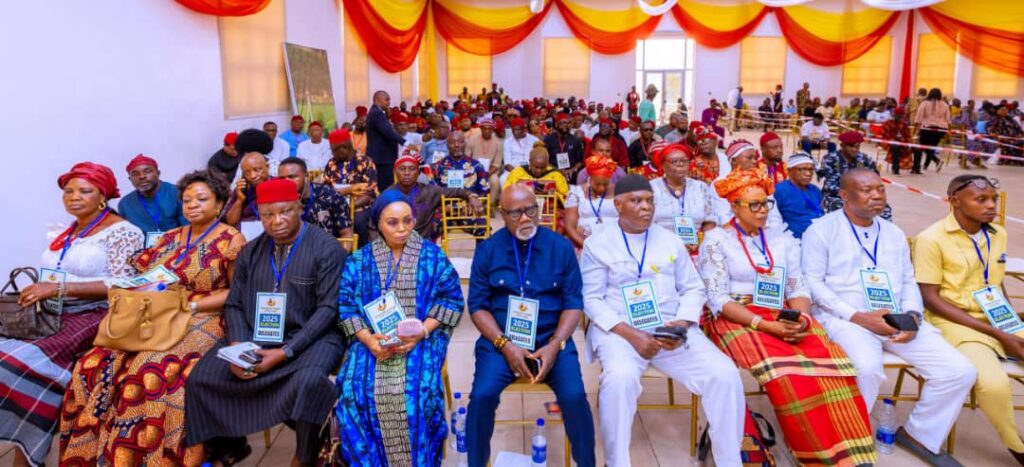The recent ultimatum issued by the Rivers Restoration Movement (RRM), and before then the Ọgbakọ Ikwerre, calling for the resignation and non recognition of Senator John Mbata as the President General of Ohaneze Ndigbo is not only unfounded but also historically and culturally misinformed. It is imperative to address this matter with clarity and historical evidence, while also outlining the path for Senator Mbata’s success.
Historically, the cultural and ethnic landscape of Nigeria is intertwined and fluid rather than rigidly distinct. The relationship between the Ikwerre people and their Igbo brethren in the South-East region and elsewhere, is deeply rooted in historical connections. Linguistically, the Ikwerre language shares significant similarities with the Igbo language, signifying common ancestry that dates back millennials.
Many scholars and historians, from both sides of the conversation have pointed out that the Ikwerre are part of the larger Igbo ethnic group, a stance supported by shared customs, traditions, and intermarriages over time. The historical ties between the Ikwerre and their Igbo brethren precede modern political boundaries and have been acknowledged by anthropologists and historians who trace ethnic lineages and cultural interactions within Nigeria.

Pix:Agbeze Ireke Kalu Onuma
This intrinsic connection cannot be obscured by political narratives that aim to create divisions where cultural and social bonds affirm unity. It is in this context that Senator Mbata’s leadership represents an authentic and inclusive vision for Ohaneze Ndigbo. His election transcends mere ethnic affiliations and aligns with the broader imperative of unity and progress within the larger Eastern Nigeria.
To succeed, Senator Mbata should prioritize the following strategic initiatives:
- Fostering Unity and Inclusiveness: Senator Mbata and his team should advocate for a united front that embraces all groups traditionally linked with the Igbo socio-cultural fold irrespective of where they are found, including the Ikwerre. This inclusivity will foster a stronger collective identity that enriches rather than divides.
- Cultural Revitalization and Education: There should be initiatives aimed at educating both the young and old about the rich, shared histories and cultural linkages of Eastern Nigerian peoples. Highlighting the historical narratives that bond the Igbos and Ikwerres can dispel misconceptions and fortify unity.
- Economic Empowerment: Economic collaboration should be fostered to benefit all within the region. Mbata’s Team can champion joint economic ventures and policies that uplift communities, emphasizing collective progress over division-driven stagnation.
- Political Advocacy and Diplomacy: Engaging with broader political platforms to ensure that the voices and needs of the Igbo people and their affiliates, including the Ikwerre, are heard and addressed substantively. Mbata should work diplomatically to ease tensions and solidify partnerships.
- Dialogue and Reconciliation: Launching forums for dialogue where grievances and misunderstandings can be discussed openly and resolved amicably. Creating spaces for mutual respect and understanding among diverse groups will bolster communal harmony.

to
In addition to these steps, it is crucial for the leaders of Ndigbo and the broader South-East region to actively pursue a meeting of minds. Such a meeting should aim to foster an open dialogue that allows the Ikwerre to discuss their perspectives and concerns. It is essential to understand and appreciate the unique experiences and contributions of the Ikwerre, providing them with a platform that recognizes their integral role in the Igbo narrative.

Pix: Ohanaeze leadership
The Ndigbo must also embark on changing the narratives around the Ikwerre question by actively engaging in cross-cultural initiatives that highlight their shared history and cultural ties. By establishing programs that promote cultural exchange and collaboration, these initiatives can strengthen the bonds that unite them, transforming misunderstandings into opportunities for connection and growth.
Furthermore, there should be a commitment to reframe the discourse surrounding Ndị Ikwerre within the broader Igbo identity. This can be achieved by celebrating cultural diversity within cohesiveness, emphasizing how the richness of different traditions contributes to a vibrant and dynamic 21st century Igbo identity. By shifting the narrative from divergence to convergence, there is an opportunity to create a more inclusive and harmonious community.

Senator Mbata’s leadership should be viewed as a beacon of hope for greater integration and development within the region. The challenges presented by RRM are opportunities to demonstrate resilience, unity, and progress for all. In the spirit of true leadership, embracing and navigating these complexities with wisdom and historical awareness will define Mbata’s legacy as one of inclusivity and visionary growth.
©️ Agbeze Ireke Kalu Onuma, AI-KO
iagbeze@msn.com